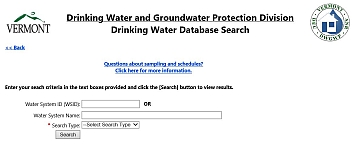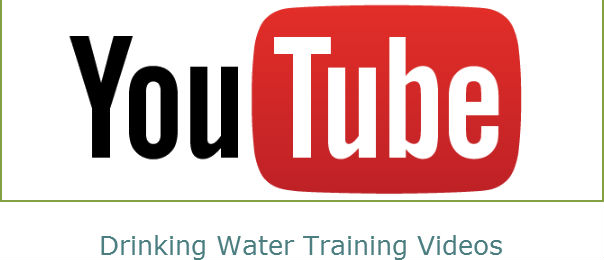Public Water System is defined as any source(s) or combination of sources owned or controlled by a person, that provides drinking water through pipes or other constructed conveyances to the public and that has at least fifteen (15) service connections or serves an average of at least twenty-five (25) individuals daily for at least sixty (60) days out of the year. Such term includes all collection, treatment, storage and distribution facilities under the control of the water supplier and used primarily in connection with such system, and any collection or pretreatment storage facilities not under such control which are used primarily in connection with such system. Public water system shall also mean any part of a system which does not provide drinking water, if use of such a part could affect the quality or quantity of the drinking water supplied by the system. Public water system shall also mean a system which bottles drinking water for public distribution and sale (see also Domestic Bottled Water System).
- Public Community water system (PCWS) means a public water system which serves at least fifteen (15) service connections used by year-round residents or regularly serves at least 25 year-round residents.
- Public Non-Transient Non-Community water system (NTNC) means a public water system that regularly serves at least 25 or more of the same persons daily for more than six months per year. Examples: schools, factories, office buildings.
- Public Transient Non-Community water system (TNC) means a public water system that serves at least 25 or more different people for more than sixty days of the year. Examples: restaurants, motels, campgrounds.
- Potable (Non-Public) Water Supplies (Regional Offices) include those requiring permits and those not requiring permits. Examples of non-public water systems requiring permits are some 9 lot-or-fewer subdivisions, and public buildings serving fewer than 25 people. Non-public water systems not requiring permits, such as single family homes on lots not subject to state subdivision rules, have no direct responsibilities under the rule, and are regulated indirectly by the standards in Part 12 of Appendix A and the Well Driller Licensing Rule in Chapter 15 of the Environmental Protection Rules. These systems are not included in the categories addressed here. Regional Office should be contacted regarding what permits and requirements are relevant to these water systems. NOTE: A municipality must issue letters authorizing connection to, or for an increase in flow to, their wastewater treatment facility for any project that is subject to a Wastewater System and Potable Water Supply Permit. For more information, go to the Municipal Connections page.
- Domestic Bottled and Bulk Water (VT Water Sources) are intended for human consumption and other consumer uses meets the definition of drinking water at 10 V.S.A., §1671, and therefore is regulated by the DWGWPD. The public distribution and sale of bottled water shall be permitted by the Secretary before such water is sold or delivered in Vermont. Facilities which produce bottled water in Vermont (Domestic), bottled and bulk water systems, are considered public water systems and shall meet all the applicable requirements of this rule, including the Appendices.
- Imported Bottled Water (Non-VT Water Sources) If the bottled water system is in another state or country (Imported bottled water system), a statement from the appropriate regulatory agency with jurisdiction over the bottled water system indicating that the facility has been approved to bottle or package water for human consumption shall be submitted.


